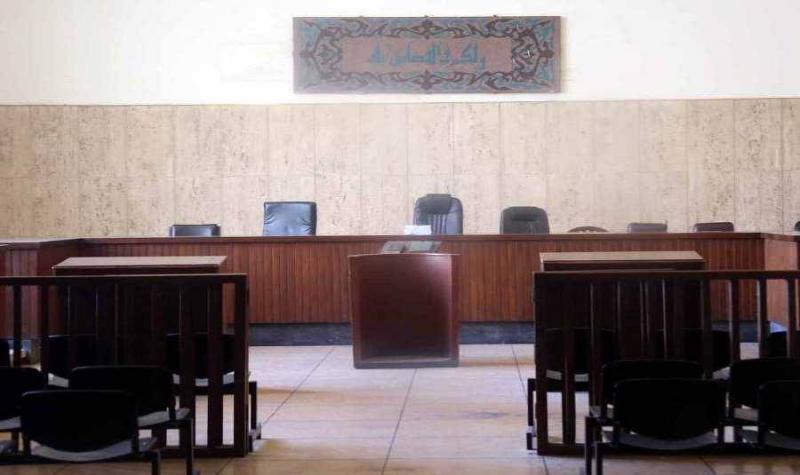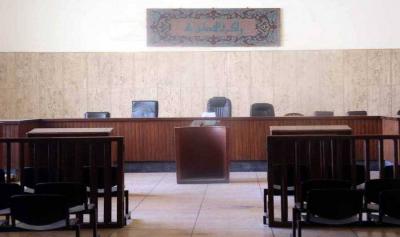The importance of the visit by the European judicial delegation to Lebanon cannot be underestimated, nor can there be reliance on the outcomes of the European investigations for internal matters. These investigations are unlikely to have any immediate tangible effects on the financial and economic reality in the country, nor will they probably be able to impose judgments against Lebanese officials or banking entities.
The most significant aspect of the entrance of European judges lies in the judicial conflicts that arise between those seeking to facilitate and those trying to obstruct, all while some object under the banner of defending sovereignty. This situation somewhat echoes the divisive handling that Lebanon experienced with the establishment of a fact-finding committee regarding the assassination of Rafik Hariri and the subsequent creation of the international tribunal. Although these did not yield direct results, they established certain foundations or revealed many truths and data.
This also brings to mind the Lebanese division over the investigation method regarding the Beirut port explosion.
**International Financial Security**
Accordingly, the visit of the European delegation and its investigations can be likened to a fact-finding committee that will not issue any judicial decisions or form courts. However, it will signal the international affirmation of Lebanon as a failed state and will keep the pressure on the Lebanese state to open all its coffers and secrets regarding financial movements inside and outside the country, with close monitoring of money laundering operations. Looking at similar countries, handling cash securities broadly opens the door to money laundering operations. The international community views Lebanon as one of the arenas outside the global financial system, affecting international financial security. Additionally, several countries consider the Beirut port explosion a threat to international security and trade, which explains the enthusiasm for conducting investigations regarding the incident, despite the fact that investigations have not been announced and will not lead to trials or accusatory decisions.
**Long Years**
European judges are intent on exploring Lebanese caves, both judicially and financially. According to informed sources, the investigations encompass the entire financial movement over many years, dating back to the smuggling of Iraqi funds to Lebanon, alongside the smuggling of Libyan money following the revolution and the fall of Muammar Gaddafi's regime. Investigations are also focused on large sums transferred abroad after the October 17 revolution.
These investigations occur amid the firm belief, both internally and externally, that there will be no agreement between the International Monetary Fund and Lebanon. Lebanese officials reject such an agreement and its conditions, and there is an international conviction that what active Lebanese entities, in collaboration with the central bank governor, are doing aims to avoid signing the agreement with the Fund, allowing the financial market to self-correct, despite the economic issues expected to take over three years to resolve. This rests on the principle of dollarizing the economy and markets, in contrast to the central bank governor's policy of repaying debts through mechanisms he innovates to close many financial accounts. This approach will come at the expense of depositors while preserving the banks.
**Pressure Tactic**
The international consensus forming around Lebanon's evasion of a deal with the IMF and compliance with its conditions pushes concerned international powers, wanting to prevent any financial ramifications from Lebanon affecting other countries, to seriously consider inventing a medium-term mechanism to abandon cash dealings and revert to banks as the sole destination for financial movements. In this context, European investigations are exploring the overall movement of money.
The broader problem for Lebanon politically is that such investigations and the implicit internal and external recognition of Lebanon as a state outside the global financial system and a haven for money laundering will constitute a significant and strong pressure tool for countries to impose stringent conditions for agreeing to engage in any political settlement or provide the necessary assistance the country needs to emerge from the crisis. This will prolong the time needed to reach a settlement, due to the immaturity of the internal Lebanese circumstances, both politically and financially, and the unwillingness of external powers to engage in or sponsor a political process without determining the political and financial direction that will result from such a settlement.




